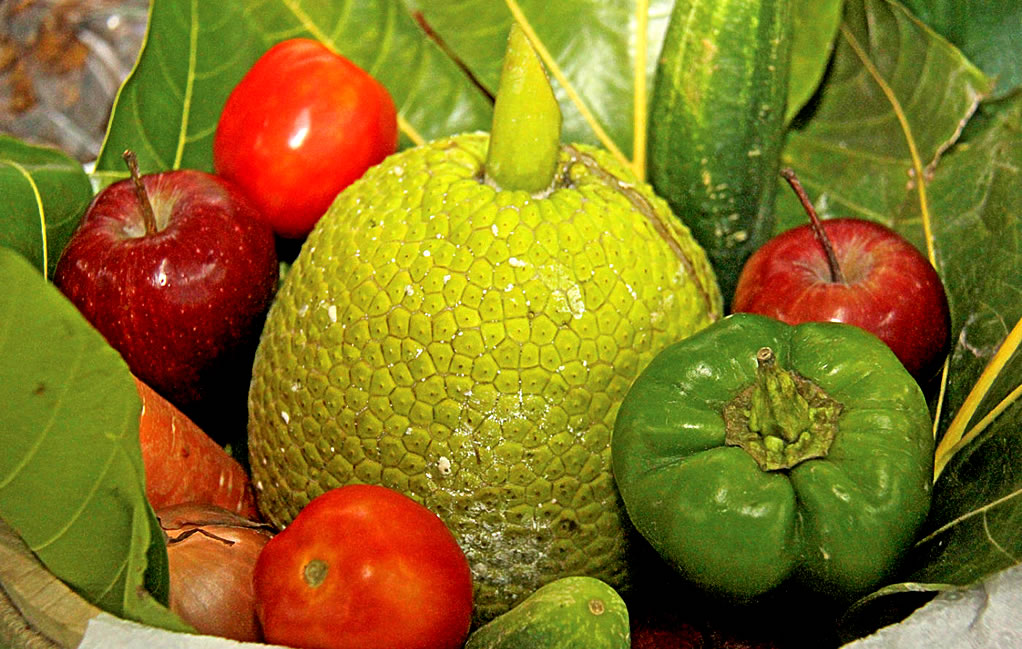
Eating local food means better health and more savings for the people of the Caribbean, not to mention the potential for niche exports from the Caribbean, to international markets. With rising import bills, limited foreign exchange earnings, and high levels of obesity-related illness, food security has once again become a major issue for the region. The University of the West Indies is addressing this and other challenges, through a renewed focus on industry-academy partnerships, positioning The UWI as the place where cutting-edge research meets innovative solutions, in fields such as agro-technology and agro-business.
The Cave Hill Centre for Food Security and Entrepreneurship (CFSE) launched several food initiatives, including:
At the Mona Campus, similar initiatives were underway, as The UWI forged a partnership with the Continental Baking Company Limited and the Government of Jamaica to produce cassava flour and bread on a large scale. Cassava flour is more nutritious than refined wheat flour, and it is gluten-free. With support from local farmers, as well as public and private investment, it is estimated that the increased use of cassava flour could lead to savings of US$6 million a year in Jamaica alone, by substituting as little as 10% of the country’s wheat flour import bill. Campus Principal, Professor Archibald McDonald predicted that the University would soon start producing other food and agro- based products, including UWI Blue Mountain Teas.
The UWI St. Augustine Campus hosted an International Breadfruit Conference, bringing together a wide range of stakeholders to share information on entrepreneurship, research and product development, for increased commercial use of breadfruit and breadnut in the Caribbean. The campus has also established a new International Fine Cocoa Innovation Centre, funded by the African, Caribbean and Pacific (ACP) Group States’ Science & Technology Programme and spearheaded by The UWI Cocoa Research Centre. The Caribbean produces some of the finest cocoa in the world, used in the world’s leading chocolate brands. The Centre will therefore train cocoa farmers in emerging technologies to produce the best quality cocoa and chocolate products for regional and international markets: (http://ifcic. center/)
 An exciting opportunity to revive agriculture in the Caribbean: The 2015 International Breadfruit Conference, "Commercialising breadfruit for food and nutrition security" was successfully hosted at the St. Augustine Campus from July 5-10, 2015.
An exciting opportunity to revive agriculture in the Caribbean: The 2015 International Breadfruit Conference, "Commercialising breadfruit for food and nutrition security" was successfully hosted at the St. Augustine Campus from July 5-10, 2015.